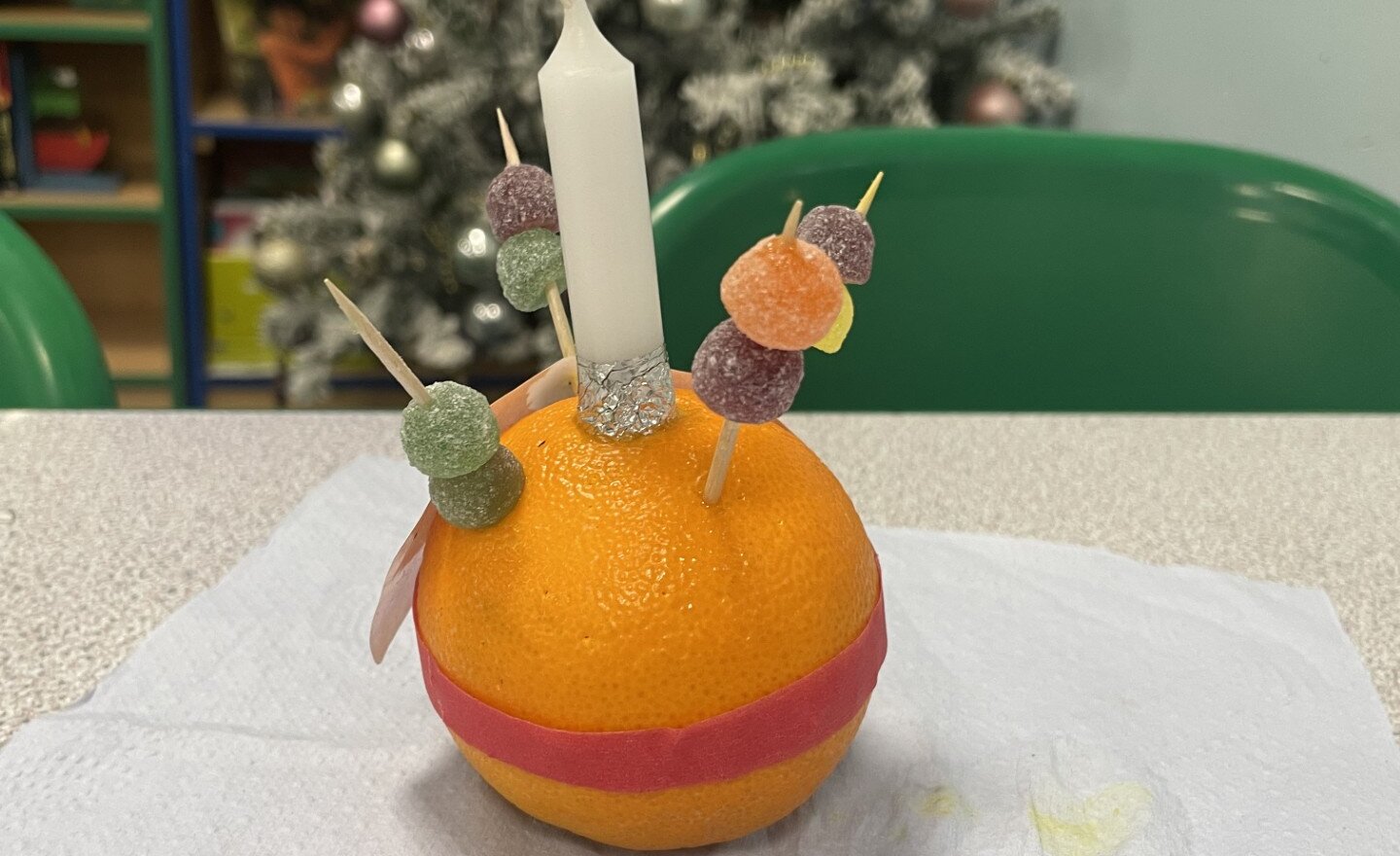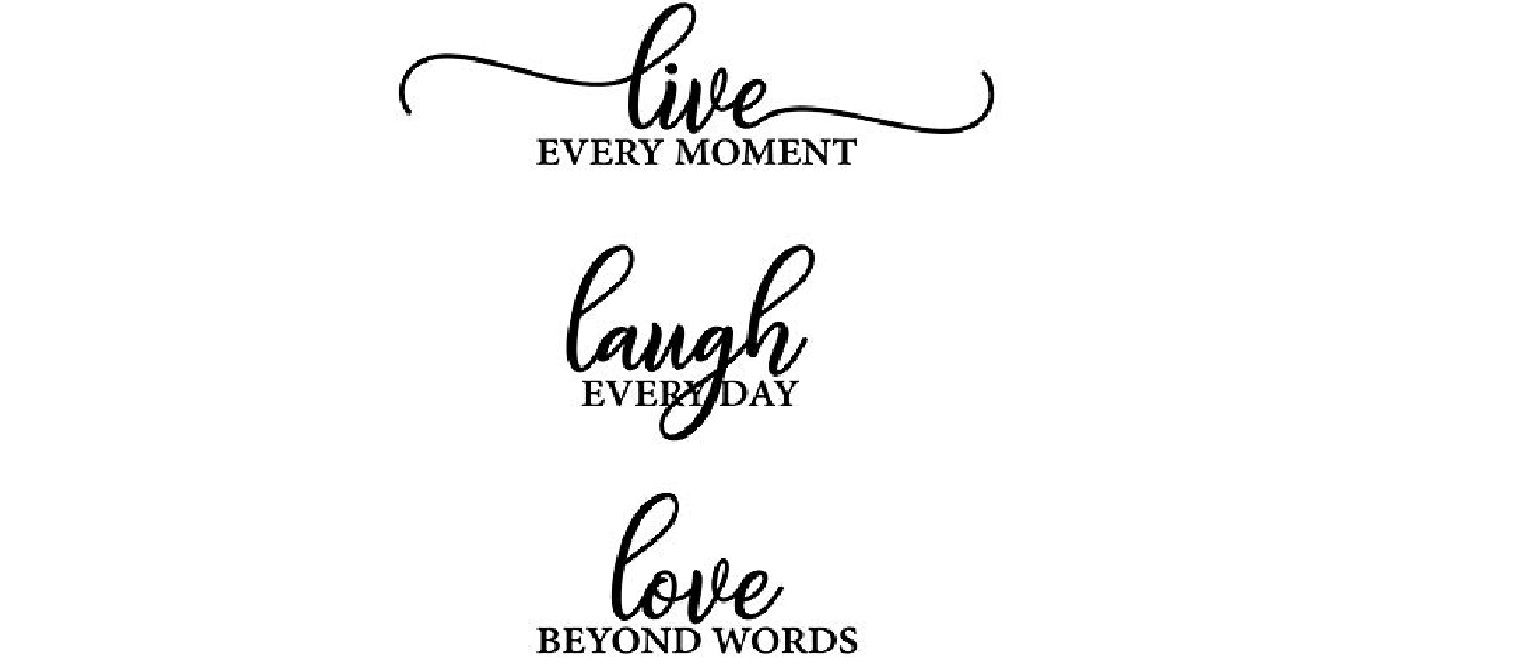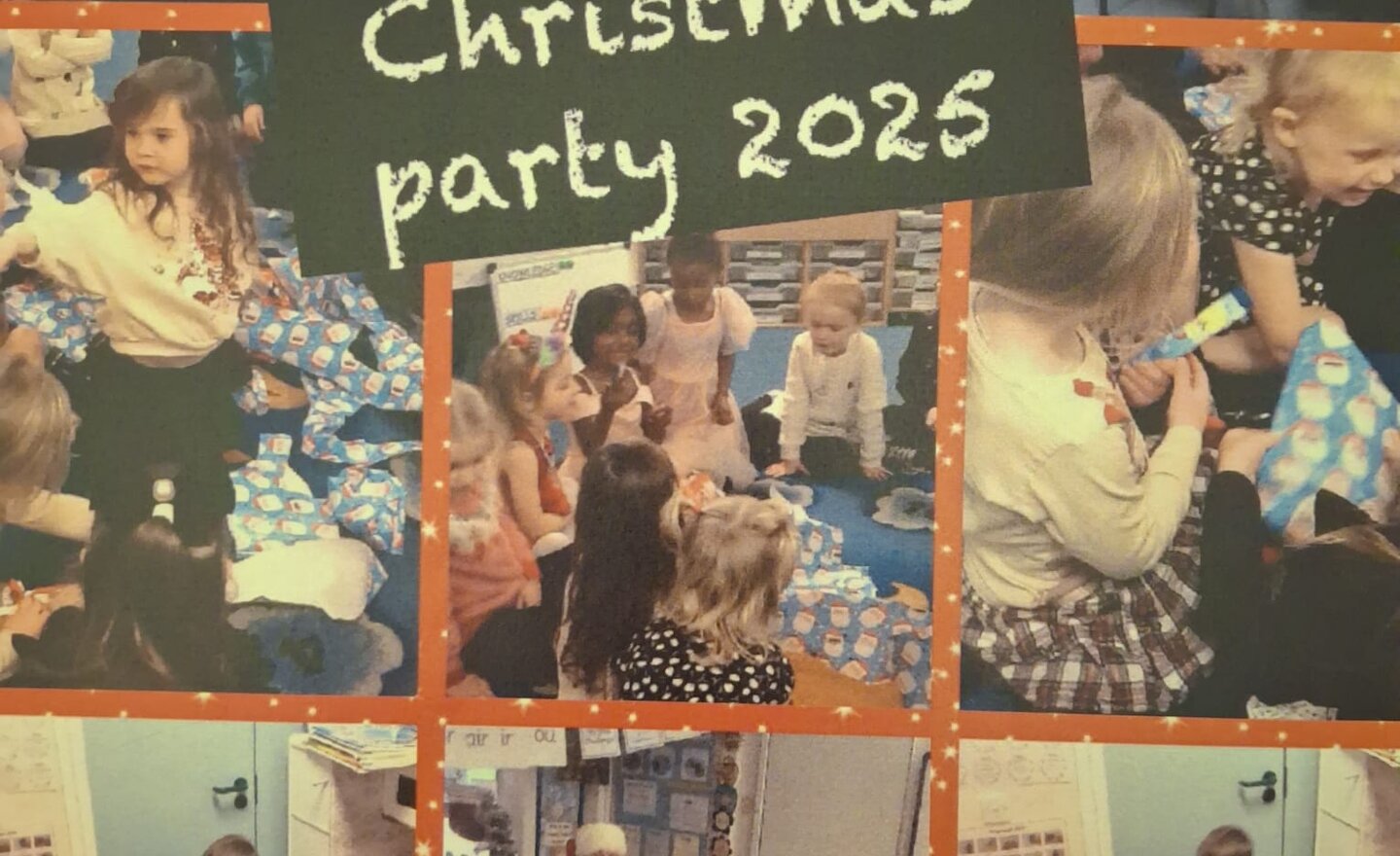Our Intent for our Religion and World Views Curriculum
Our RE curriculum is designed to meet the content requirements of the agreed syllabus and many of our lessons are also used in other CWAC schools. There is a set amount of time specified in the agreed syllabus for each religion.
Our Implementation for our Religion and World Views Curriculum
Our RE lessons are based on a big question each half term. We make connections and collect clues to help us to answer the big question . Our work is concept driven and we often focus on key words to develop religious literacy and equip us with the skills we need to discuss religion. We use individual books to record our work as well as developing the skills needed to access Religious Education like debating and group work. We currently learn about Christianity, Islam and Judaism in Key Stage One and Christianity, Hinduism, Sikhism, Islam and Judaism in Key Stage Two. We are also introduced to Humanism as a non-religious world view with sessions in both key stages. We may also consider different religions alongside global learning and interfaith projects. We have regular visits and visitors as part of our RE curriculum and have outdoor learning opportunities on our school grounds. RE lessons often include Philosophy for Children , circle time, critical thinking, learning from believers (email or twitter interviews, visitors, film clips) and opportunities to unpack concepts through drama, art and ICT. Our RE helps us to learn about diversity in the UK and around the world.
The impact of our Religion and World Views Curriculum
Through our sessions, children should be able to access their key words to help them to discuss, recall knowledge and understand religion in society. Specific skills for Religious Education will have been developed including;
KS1
- retelling religious stories
- recognising symbols
- sharing my opinions
- asking questions
- responding positively to differences and similarities
KS2
- making connections between words of wisdom
- can reflect on their own values and those of a believer
- can understand different ways of life and ways to express meaning
- can ask and have the skills to answer, ultimate and ethical questions from their viewpoint and that of a believer
- discuss issues and support the development of community cohesion whilst challenging prejudice
Our ongoing skills development include Critical Thinking, Religious Tolerance, Investigation, Interpretation, Reflection, Evaluation, Analysis, Synthesis, Application, Expression, Self Understanding, Communication, Problem Solving.
Our developing attitudes in religion and world views include Self Esteem, Curiosity, Fairness, Respect, Empathy, Wonder, Open-mindedness, Working with others, Sense of Community.
Religious Education Curriculum
Related Blog Posts

Christingle Creations in Year 4!
This week, children in Year 4 enjoyed a wonderful hands-on activity as they made their very own Christingles.
The children learned…
Y2 - visit to Hope Farm Church
Year 2 visited Hope Farm Church to find out more about the Nativity. Members of the church dressed up as the main characters and pupils visited a series of different scenarios which retold the story.
Knowledge: to retell the story of the Nativity
Skills: to say what happens at different…

